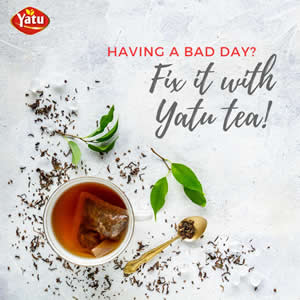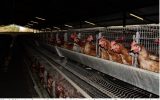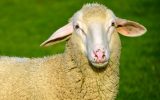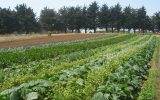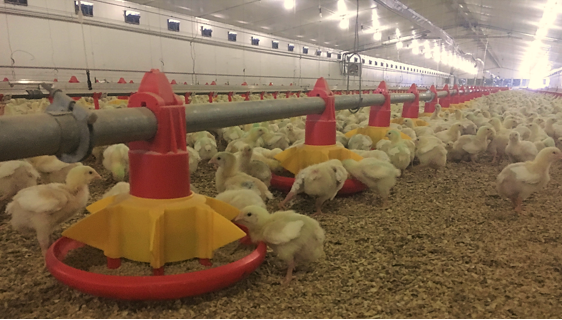By Carlien Dames – Monogastric Nutritionist
Over the years, the cost of raising a broiler to slaughter readiness has become more expensive. The increase in cost can be attributed to many factors, including more expensive feed costs (increase in the cost of raw materials), power and water as well as medication costs and others. As a result of this increase, the importance of raising chicks as effectively as possible to ensure the lowest input costs has increased. Feed is the largest cost of the total input cost to grow broilers, hence the pressure to feed as effectively as possible to ensure healthy, optimal growth. From the latter comes the whole idea of phase nutrition.
WHAT IS PHASE NUTRITION?
Phase feeding is the feeding of different feeds, with different nutrient values, during the different growth ages of the chick. The older the chick gets, the slower the relative growth rate. This means that the relative amount of nutrients needed decreases as age increases. When only one type of feed is fed through the chick’s total life, only the average nutrient needs of the chick will be met and not the specific nutrient need. The chick will therefore grow but not at maximum genetic potential. When phase feeding is followed, the chick obtains exactly its nutrient needs during each phase and the chick will be able to reach maximum genetic growth potential. The over-nutrition or malnutrition of nutrients is also avoided.
Phase feeding usually ranges from 3 to 5 phases. The more phases the better its management should be, as it indicates a specific day on which the chick should move to the next phase. The standard phase nutrition program consists of 3 phases; Starting Crumbs, Growing Pellets and Rounding Pellets.
Initial crumbs are usually fed from day-old to about day 13. The shape of the feed is finer than that of the growth – and rounded grains. The reason for this is that the chick is still very small and will not necessarily be able to pick up large particles effectively. The first two weeks of the chick’s life are the period when the fastest skeletal, muscular and immune system development takes place. For this reason, the initial crumbs are the nutrient densest feed of all the phases. Among other things, it has a higher protein and mineral value than the other phases. The growth pellets are usually fed from day 14 to a minimum of 3 days before slaughter. This feed is less nutrient dense, but does provide all the necessary nutrients for further effective growth. Mineral percentages are also lower than in the initial crumbs, as oversupply of minerals can sometimes be detrimental to the chick, and also then naturally carry unnecessary extra costs if it were still added to the feed.
An indication of how the need for lysine (a building block of protein) and calcium decreases as the chick gets older. 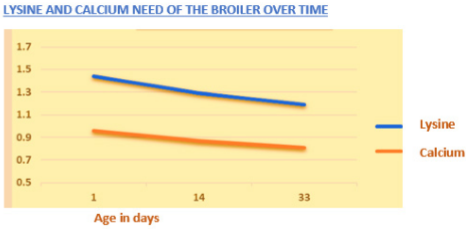
The rounded grains are fed to the chick for the last 3-5 days. It is the least nutrient dense of all the phases. The main reason for feeding this phase, is to provide for any medicinal products to be extracted from the feed, and from the chick before slaughter. The medicinal product as mentioned is for example the coccidiostat. A coccidiostat prevents coccidiosis in growing chicks. Coccidiosis is an infected intestinal condition of the chicks, caused by protozoa (single parasites). It is the disease that is most commonly reported in chicken houses around the world. Symptoms of this disease may include bloody dung, high mortality and a decrease in feed intake. Intestinal damage can lead to other bacterial diseases to take hold in the chick and cause various aggravating health conditions. It is therefore of great importance to prevent this disease from preventing large financial losses.
Along with the phase feeding, feeding programs are also provided by Feedmaster which indicate exactly how the phase feeding should be used to ensure successful growth of your chicks. However, when you follow your own program and do not follow the pre-set prescriptions as provided, unsuccessful growth cannot necessarily be attributed to the feed supplier.
For further inquiries, contact Feedmaster: 061 290 1300

